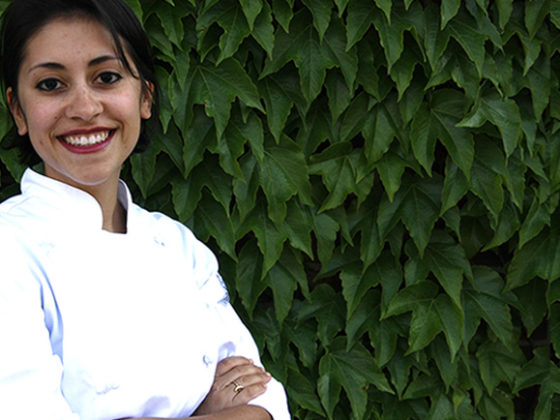Chef Gabriela Álvarez is the founder of Liberation Cuisine, a company that “nourishes movements of change and collective transformation.” Her work uses “intentional experiences in the kitchen and at the table” to confront issues of food access, self-determination, and healing. Learn more about her work through our conversation below.
What role did food play in your early childhood?
